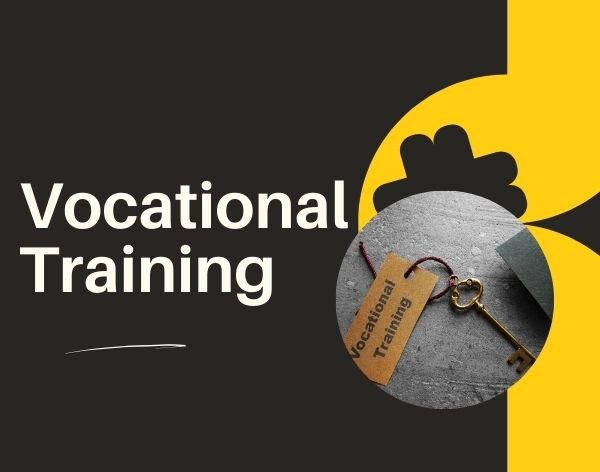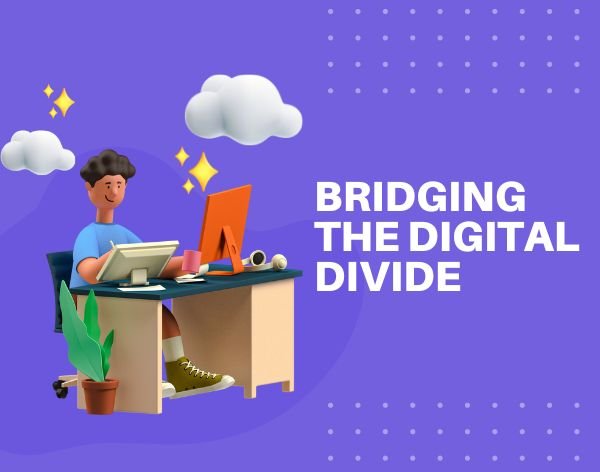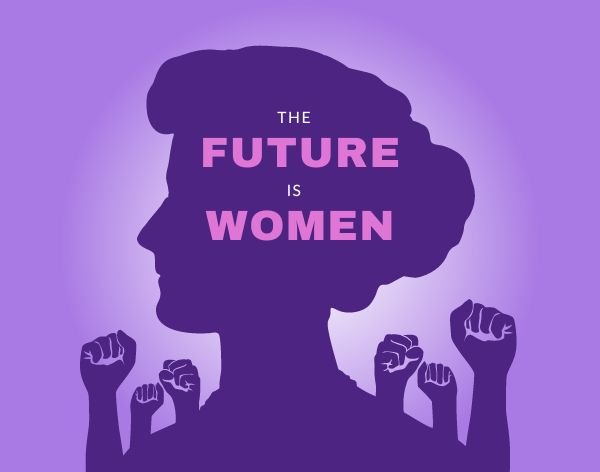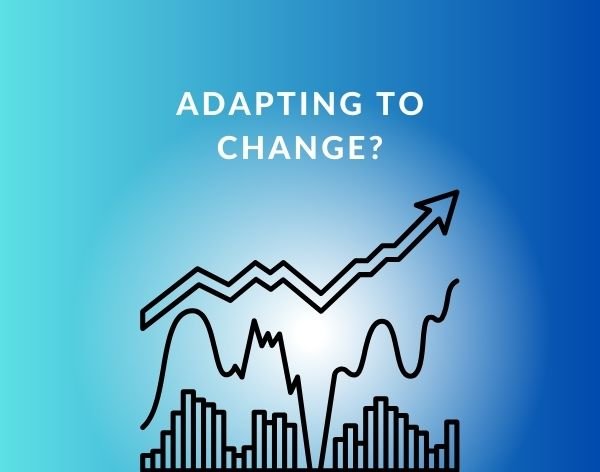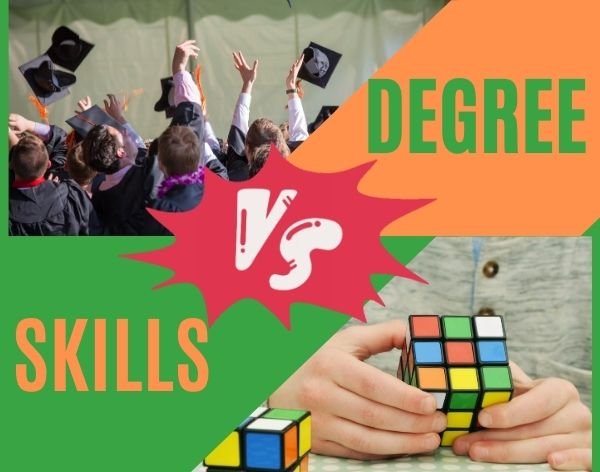
In today's digital age, access to technology and digital education is crucial for personal and professional development. However, many individuals, especially those in remote and underprivileged areas, face significant barriers to accessing these resources. The Restart Research Institute of Skill and Knowledge (RRiSK) is dedicated to bridging this digital divide by making digital education accessible to all. Through a variety of innovative programs and initiatives, RRiSK is empowering individuals with the skills and knowledge needed to thrive in the modern world.
Expanding Access to Digital Education
One of the primary goals of RRiSK is to ensure that everyone, regardless of their geographic location or socioeconomic status, has access to quality digital education. To achieve this, RRiSK has implemented several key initiatives:
1. Hybrid Learning Model
RRiSK's hybrid learning model combines online and in-person instruction, making education more flexible and accessible. This model allows students in remote areas to participate in courses without the need to relocate. By leveraging technology, RRiSK provides a seamless learning experience that accommodates the diverse needs of its students.
2. Community Outreach Programs
RRiSK actively engages with communities in remote and underprivileged areas through outreach programs. These programs involve setting up digital learning centers equipped with computers, internet access, and learning resources. Local educators and volunteers are trained to assist students, ensuring they receive the support needed to succeed in their studies.
3. Scholarships and Financial Aid
To further support students from underprivileged backgrounds, RRiSK offers a range of scholarships and financial aid options. These initiatives reduce the financial barriers to education, enabling more individuals to enroll in and complete their courses. By making education affordable, RRiSK ensures that financial constraints do not hinder anyone's ability to learn and grow.
Empowering Through Skill Development
At the core of RRiSK's mission is the belief that practical skills and knowledge are key to improving individuals' lives and communities. RRiSK's programs are designed to equip students with industry-relevant skills that enhance their employability and career prospects.
1. Industry-Focused Curriculum
RRiSK collaborates with industry experts to develop a curriculum that aligns with current market needs. This ensures that students are learning skills that are in high demand, making them more competitive in the job market. Courses cover a wide range of fields, including information technology, healthcare, manufacturing, and creative arts.
2. Hands-On Training and Internships
Practical experience is a critical component of RRiSK's educational approach. Students participate in hands-on training, workshops, and internships that provide real-world experience. This not only enhances their technical abilities but also helps them build a network of professional contacts, increasing their chances of securing employment after graduation.
3. Lifelong Learning Opportunities
RRiSK is committed to lifelong learning, offering continuing education and advanced training opportunities. This allows individuals to continuously update their skills and stay relevant in their professions. Whether it's through advanced courses, certifications, or professional development workshops, RRiSK supports its students' ongoing growth and career advancement.
Transforming Lives and Communities
The impact of RRiSK's efforts extends beyond individual students to their families and communities. By providing access to digital education and skill development, RRiSK is helping to create more opportunities for economic growth and social mobility. Educated and skilled individuals can contribute to their local economies, support their families, and inspire others in their communities to pursue education and personal development.
Keywords: <strong><em>Digital education</em></strong>, <strong><em>digital divide</em></strong>, <strong><em>remote areas</em></strong>, <strong><em>underprivileged areas</em></strong>, <strong><em>hybrid learning</em></strong>, <strong><em>community outreach</em></strong>, <strong><em>scholarships</em></strong>, <strong><em>financial aid</em></strong>, <strong><em>skill development</em></strong>, <strong><em>industry-focused curriculum</em></strong>, <strong><em>hands-on training</em></strong>, <strong><em>lifelong learning</em></strong>.

